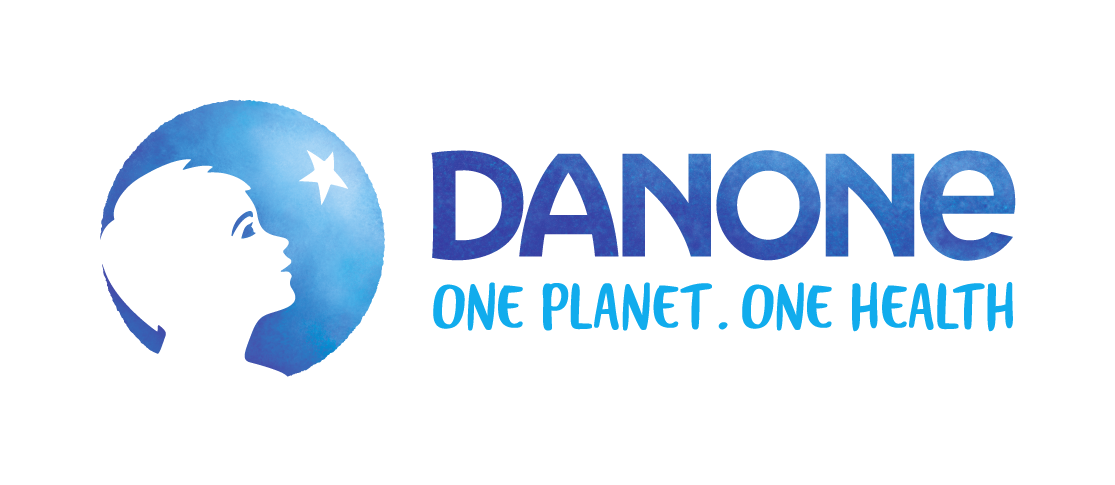

Danone Nutricia Nederland BV

South Holland, Netherlands The
August 2019
Food products
Wholesale/Retail
Netherlands The
Danone is a leading global food and beverage company operating in health-focused, fast-growing and on-trend categories: Essential Dairy & Plant-Based products, Waters and Specialized Nutrition. With a long-standing mission of bringing health through food to as many people as possible, Danone aims to inspire healthier and more sustainable eating and drinking practices while committing to achieve measurable nutritional, social, societal and environment impact. Danone has defined its Renew strategy to restore growth, competitiveness, and value creation for the long-term. Danone’s ambition is to be B-Corp certified at global level in 2025. With over 96,000 employees, and products sold in over 120 markets, Danone generated €27.7 billion in sales in 2022. Danone's portfolio includes leading international and local brands including Activia, Actimel, Danio, Alpro, Provamel, evian, Nutrilon, Nutricia and Olvarit.
Overall B Impact Score
Governance 17.9
Governance evaluates a company's overall mission, engagement around its social/environmental impact, ethics, and transparency. This section also evaluates the ability of a company to protect their mission and formally consider stakeholders in decision making through their corporate structure (e.g. benefit corporation) or corporate governing documents.
Workers 31.6
Workers evaluates a company’s contributions to its employees’ financial security, health & safety, wellness, career development, and engagement & satisfaction. In addition, this section recognizes business models designed to benefit workers, such as companies that are at least 40% owned by non-executive employees and those that have workforce development programs to support individuals with barriers to employment.
Community 16.2
Community evaluates a company’s engagement with and impact on the communities in which it operates, hires from, and sources from. Topics include diversity, equity & inclusion, economic impact, civic engagement, charitable giving, and supply chain management. In addition, this section recognizes business models that are designed to address specific community-oriented problems, such as poverty alleviation through fair trade sourcing or distribution via microenterprises, producer cooperative models, locally focused economic development, and formal charitable giving commitments.
Environment 18.9
Environment evaluates a company’s overall environmental management practices as well as its impact on the air, climate, water, land, and biodiversity. This includes the direct impact of a company’s operations and, when applicable its supply chain and distribution channels. This section also recognizes companies with environmentally innovative production processes and those that sell products or services that have a positive environmental impact. Some examples might include products and services that create renewable energy, reduce consumption or waste, conserve land or wildlife, provide less toxic alternatives to the market, or educate people about environmental problems.
Customers 5.6
Customers evaluates a company’s stewardship of its customers through the quality of its products and services, ethical marketing, data privacy and security, and feedback channels. In addition, this section recognizes products or services that are designed to address a particular social problem for or through its customers, such as health or educational products, arts & media products, serving underserved customers/clients, and services that improve the social impact of other businesses or organizations.